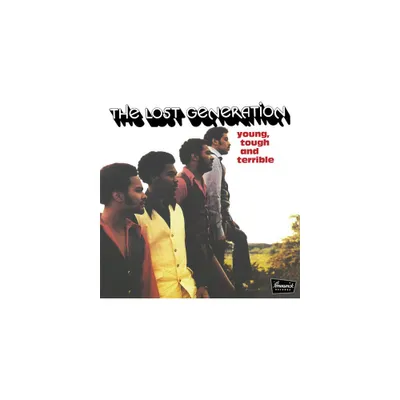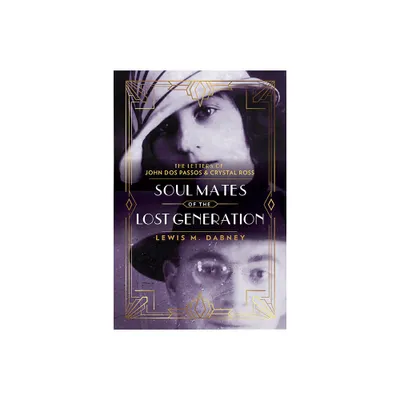Home
The Lost Generation: Apostel, Kauder, Busch
Loading Inventory...
Barnes and Noble
The Lost Generation: Apostel, Kauder, Busch
Current price: $21.99


Barnes and Noble
The Lost Generation: Apostel, Kauder, Busch
Current price: $21.99
Loading Inventory...
Size: OS
*Product Information may vary - to confirm product availability, pricing, and additional information please contact Barnes and Noble
Leon Botstein
and his
Orchestra Now
(and anyone worried about that group's collegiate associations can rest easy) have had the goal of rediscovering and presenting worthwhile forgotten works. They certainly achieve that goal with this album of works by
Hans Erich Apostel
(one wonders whether he is related to the bluegrass virtuoso
Billy Strings
, whose real name is
William Apostol
),
Hugo Kauder
, and
Adolf Busch
. These composers were born within 15 years of each other, on either side of 1900. They are not really from a lost generation in any wider social sense but rather had their works eclipsed by the orientation toward the musical avant-garde in the 1920s (even though
Apostel
studied with both
Schoenberg
and
Berg
). The other two composers ended up in the U.S., but
stuck it out in Vienna despite having his music pilloried as "degenerate art" by the Nazis. All three works here are interesting, but
's
Variations on a Theme by Haydn
may be the highlight. Based on the second movement of
Haydn
Symphony No. 103 in E flat major ("Drum Roll")
, it explodes the theme tonally and especially texturally, using a large orchestra with saxophone, only to partly reconstitute it later on.
Kauder
Symphony No. 1
is more directly in the tradition of
Brahms
, with an assist from
Mahler
in its Scherzo-like second movement, but the chromaticism is pushed further than either of those composers would have done.
Busch
Variations on an original theme
takes
Max Reger
as its model but likewise pushes the tonality. There was a big space left to explore when the Second Viennese trio abandoned tonality completely, and all three of these composers inhabited that space. The sound from a Bard College auditorium in New York State is adequate if unspectacular, and other orchestras could profitably take up any of these works. ~ James Manheim
and his
Orchestra Now
(and anyone worried about that group's collegiate associations can rest easy) have had the goal of rediscovering and presenting worthwhile forgotten works. They certainly achieve that goal with this album of works by
Hans Erich Apostel
(one wonders whether he is related to the bluegrass virtuoso
Billy Strings
, whose real name is
William Apostol
),
Hugo Kauder
, and
Adolf Busch
. These composers were born within 15 years of each other, on either side of 1900. They are not really from a lost generation in any wider social sense but rather had their works eclipsed by the orientation toward the musical avant-garde in the 1920s (even though
Apostel
studied with both
Schoenberg
and
Berg
). The other two composers ended up in the U.S., but
stuck it out in Vienna despite having his music pilloried as "degenerate art" by the Nazis. All three works here are interesting, but
's
Variations on a Theme by Haydn
may be the highlight. Based on the second movement of
Haydn
Symphony No. 103 in E flat major ("Drum Roll")
, it explodes the theme tonally and especially texturally, using a large orchestra with saxophone, only to partly reconstitute it later on.
Kauder
Symphony No. 1
is more directly in the tradition of
Brahms
, with an assist from
Mahler
in its Scherzo-like second movement, but the chromaticism is pushed further than either of those composers would have done.
Busch
Variations on an original theme
takes
Max Reger
as its model but likewise pushes the tonality. There was a big space left to explore when the Second Viennese trio abandoned tonality completely, and all three of these composers inhabited that space. The sound from a Bard College auditorium in New York State is adequate if unspectacular, and other orchestras could profitably take up any of these works. ~ James Manheim


















